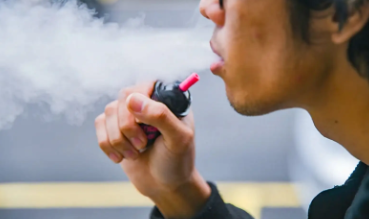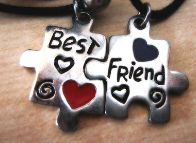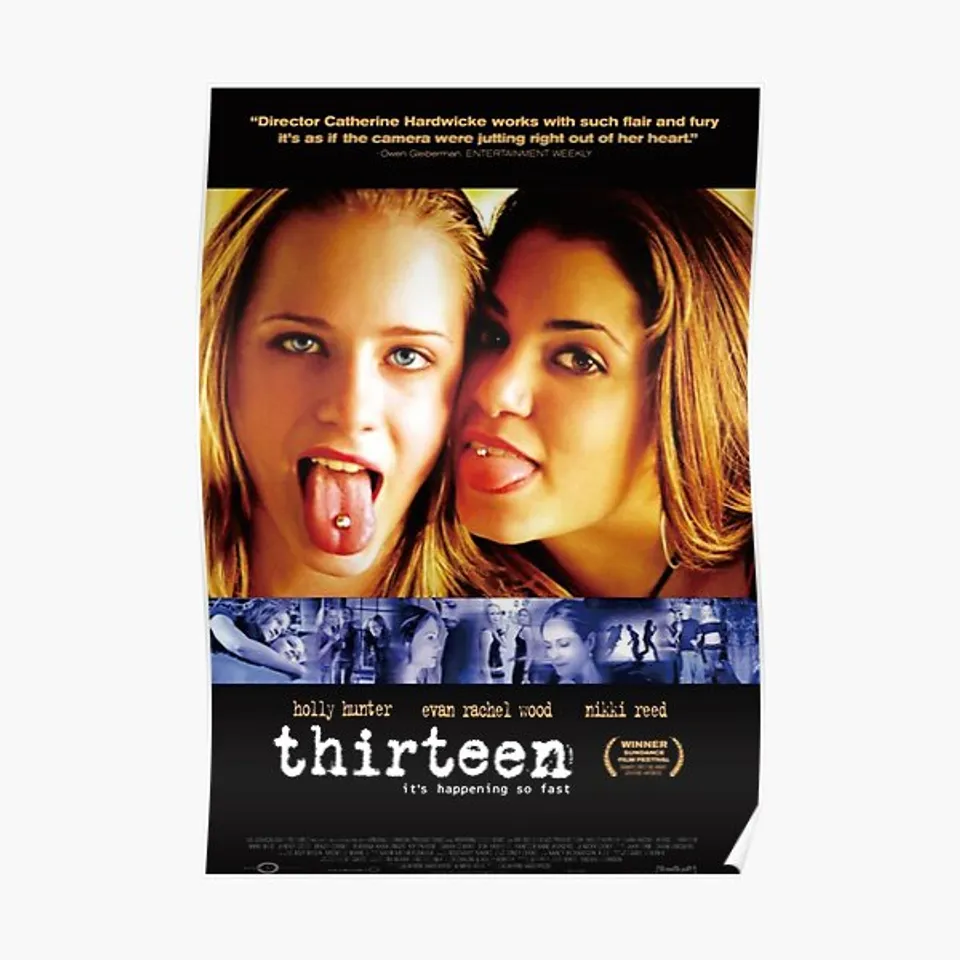Self Care 101
December 21, 2020
Me before you. It’s not often said, me before you. Normally we hear you before me, your needs above mine. It’s selfish to think of my needs before yours by societal standards. I agree it’s important to be selfless and help others out, but not at the expense of your life.
Balance is required. There should be equal parts of me and equal parts of you. It might be hard to hear, but no ones’ needs should go above your own.
“Please place the mask over your own mouth and nose before assisting others.” If you can’t save yourself, how can you save anyone else? This is a hard mindset to grasp; we’ve always been indirectly taught that thinking of yourself before thinking of another’s needs is selfish and wrong. What we were never told is this should not be the driving force of our lives. They missed out on the lecture on self-care.
Self-Care 101 – Take a seat, grab some paper and pencils, and get ready to take care of yourself.
What does self-care mean? PsychCentral defines self-care as partaking in any activity to purposely take care of your mental, physical, and emotional health. Thoroughly taking care of yourself can improve your mood and help to lower anxiety. Agnes Wainman puts it truthfully as self-care is “something that refuels us, rather than takes from us.”
Self-care is the recharge of our batteries after life runs us low, serving challenge after challenge with no dessert. Self-care isn’t putting yourself in uncomfortable situations or forcing yourself to do things that you don’t want to do. This may seem blatantly obvious, but it’s actually hard to take time out of your day for yourself. It’s much easier to justify spending your day helping others and serving others than to find it a positive thing to spend the day doing activities that you find enjoyment in.
In trying to spend more time on yourself, it’s time to learn how to be assertive and how to say no. This ties into learning the difference between assertive, passive, and aggressive. Passiveness leads to being taken advantage of and never learning to say “no.” On the other hand, aggressiveness may allow you to say no, but it can be perceived as rude or off-putting. The perfect medium is to be assertive, which is to state your viewpoints, but in a polite and respectful way so as to not come off as off-putting and to not be taken advantage of.
That’s just the first step into taking care of yourself. In line with being assertive, is creating a list. Not a shopping list, but a list of no. This list will consist of things you don’t enjoy doing or no longer want to do. If you no longer want to answer phone calls during meals, or keep your phone in your room at night, add it to the list. What is key about the list is to put into action the words you write. Start small, and then start with the bigger things. The list will allow you to begin focusing on your needs rather than the needs of others.
Exercise. Yes, exercise. At first mention, it may only make sense that exercise improves your physical health, but it can actually lead to reduced stress and increased happiness. While yes, some may place exercise on their list of no, exercise has been proven to actually create higher levels of serotonin. This will improve your mood and increase your levels of energy. An easy way to get exercise is to go on walks during the sunnier months. This little bit of exercise will do as mentioned previously and you will also get Vitamin D. Vitamin D is an added benefit that is able to help fight off diseases and is able to reduce levels of depression.
Along with exercise, a healthy and nutritional diet is important to improve physical and mental health. Creating a more healthy lifestyle is important in taking care of yourself because it will help to prolong your life and improve how you feel from day to day. Eating well makes you feel good. This doesn’t mean you can’t have the occasional soda or oreo, it just means to limit your intake of junk food and to increase your intake of healthier nutritional foods.
Meditation might seem silly, but in truth, it has many benefits and helps to promote a state of mindfulness, as the University at Buffalo points out in their post “Self Care Exercises and Activities.” Meditation is a form of relaxation where you ease your muscles and focus on different aspects of the body. This allows you to reduce the stress and overwhelming anxiety you may be feeling at any given moment, and allow you to recognize stressors. It will permit you to actually relax instead of overwork your body and to enter a state of mindfulness. Mindfulness is being orientated with your surroundings and yourself. Basically, it involves understanding events occurring around you and realizing which ones cause you stress and anxiety, and learning how to recognize when those emotions are coming towards you like dark clouds. You can’t hide from the dark clouds, but you can prepare yourself and focus on how to handle the clouds. Meditation and mindfulness will help to reduce depression and anxiety.
Relaxing and lowering your stress levels is just as important as making sure you are getting the “required” amount of sleep each night. It’s hard to put the phone down, close the book, or turn off your favorite show, but to better your physical and mental health, you need to get your sleep quota. The CDC says that teenagers need around 8 to 10 hours of sleep per 24 hours, which, given homework and social lives, may seem impossible. However, at least getting up to 7.5 hours of sleep would be an improvement. Getting 6 hours or less of sleep is bad for you both physically and mentally. Lack of sleep leads to increased rates of depression and anxiety, and it is damaging to your physical health. Increasing your sleep is a great way to take care of yourself, but it also seems to be one of the hardest things for teenagers to be able to do.
Personally, this last one is the hardest: limiting how much time you spend with family and friends. Family and friends can be a great way to help your self-care, but they can also be a hindrance. Being around family and friends can be fun and enjoyable, but it also can be draining. A lot of times there is drama and negativity, both of which are bad for your mental health. What you can do is make sure you have both quality time with friends and family, but not make it all your time. Give yourself time to reflect and detox from large (or small) social gatherings.
Take time out of your day to do something you enjoy. This could be painting, reading, writing, video games, anything that makes you feel good and happy. That’s the easiest way to take care of yourself. It’s small, but it can accomplish so much in regards to improving your mental, emotional, and physical health.
Remember that it is important to take care of yourself. Do things you enjoy. Do things that make you feel good inside. Don’t build your life for someone else. Build your life for yourself.























































































































































Alondra Pineda • Jan 4, 2021 at 10:12 am
When you said “If you can’t save yourself, how can you save anyone else?”, it hit really hard. Knowing you need to care about yourself first before you can start fully caring for others is a great thing to acknowledge. I really liked reading this.
Kaydence Royland • Jan 4, 2021 at 9:52 am
I really like your article! And I feel that self care is really important and it would lead to self love and confidence, and I know people put others before themselves but that shouldn’t take away from caring about yourself and making sure your mental health is good. I enjoyed reading this!